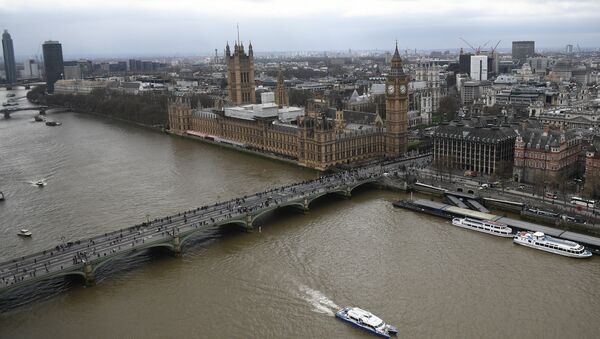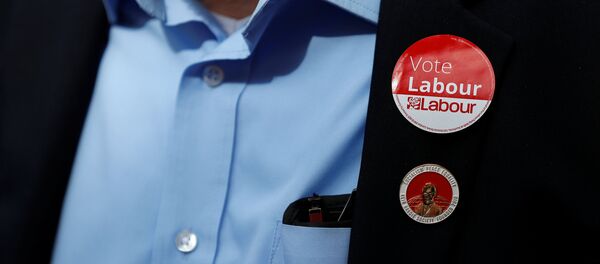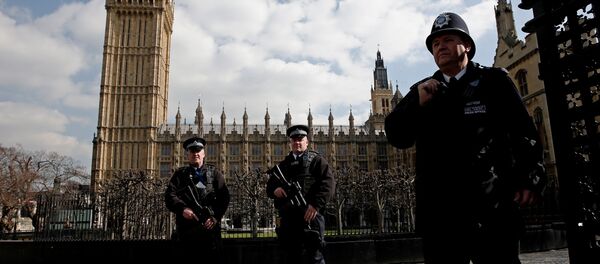"Well, if you consider the immigration to the United Kingdom how it stands at the moment, about half of the people that come here come from EU countries. And, basically, with Brexit, leaving the EU, those individuals will no longer have the right to free movement […]," the expert told Radio Sputnik.
According to him, this measure, which is supposed to be taken "for the right reason," could in fact have drastic consequences for the country's economy and the labor market. The majority of low-skilled jobs in the UK are filled with migrants. If they won't be able to come to Britain, the country could expect a severe economic downturn.
"If you don't have people to do the work, you don't have the economic growth. And this is a very serious issue," Wright said.
"They [the government] are committed to reducing net migration. It is not a surprise, and it will probably work. But then, again, there is a lot of opposition to this, because the UK economy, and in particular the economy of the places like Scotland, is really dependent on workers coming from elsewhere. So it could be really an additional negative economic consequence of reducing immigration along with other negative consequences expected from Brexit," he noted.
Earlier, Theresa May vowed to remove Britain from the single market and customs union and control EU migration. She also promised to increase the immigration health surcharge for migrant workers and international students.
"It's just the matter of getting these numbers down," the expert noted. "The only way to do it is to take complete control over the immigration from everywhere."
In Wright's opinion, such tough measures would bring the country more problems than benefits.
"I think this is going to be a real shock, how Brexit and ripping up 50 years of free trade are going to affect the economy," Wright said.
"We are going to be in for a period of a very low, if not negative, growth. And potentially, and I think that is very real, we will have a reduction in the average standard of living. And I think Britain, over the next few decades, will become a less wealthy country," he concluded.
On June 23, 2016 UK citizens voted in a referendum to leave the European Union. According to the final results, 51.9 percent of voters, or 17.4 million people, supported Brexit. On March 29, UK Prime Minister Theresa May triggered Article 50 of the Lisbon Treaty outlining the country's exit from the European Union, which is scheduled to be concluded within two years from the withdrawal launch.







